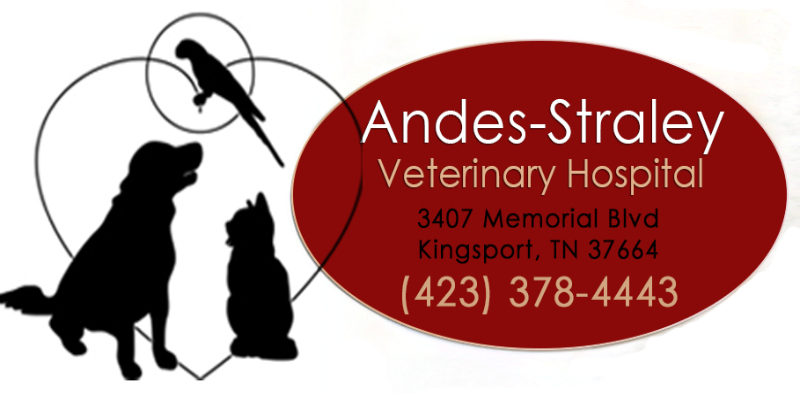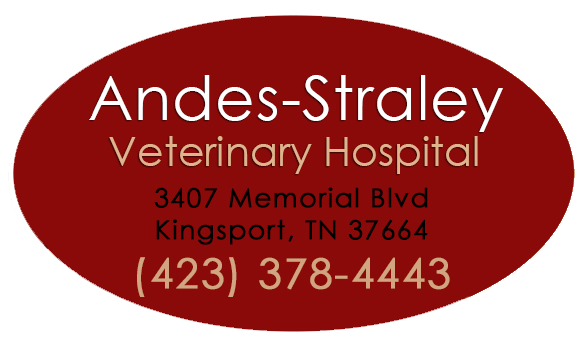Caring For Your Pet After Surgery
Anesthesia and surgery are two scary situations for pet owners, but rest assured your pet is in excellent care at our hospital. We make sure your pet is cared for from check-in to discharge. You have the challenging part, which is a week or two of at-home recovery. Spay and neuter surgeries, mass removals, dental cleanings, and more require a calm environment for your pet to heal. In addition to excellent nursing care that will promote prompt healing. So how do you do that? Here is our simple guide on caring for your pet after surgery!
What To Expect
Like people recovering from anesthesia and surgery, your pet will require special care. This will continue until they are fully alert and aware. When you pick your pet us after an anesthetic procedure, watch out for these conditions.
- Grogginess
- Disorientation
- Ataxia, or wobbling when walking
- Sleepiness
- Reluctance to eat, drink, urinate, or defecate
- Diarrhea or vomiting
- Snappy attitude towards family members or other pets
Depending on your pet’s procedure and anesthetic protocol, some of these conditions may be normal and can take the rest of the evening to dissipate. Call us immediately if you’re concerned about your pet’s postoperative behavior.
Specialized Care
Your pet’s surgical procedure dictates the care required for rapid recovery. For example, a pet who underwent an extensive dental procedure with extractions will appreciate soft food. This should continue until their mouth fully heals. Standard postoperative care guidelines include:
- Exercise restriction, especially running, jumping, playing, or stairs
- Leash walks for bathroom breaks only
- Inspection of incision site for redness, swelling, or discharge
- Placement of e-collar, or cone, to prevent licking or chewing at the incision
- Monitor food and water intake
- Check for normal urination and defecation (pets may have diarrhea or constipation after surgery)
- Administer appropriate medication, such as antibiotics or pain medications
- Schedule follow-up visits to check the progress
- Communicate with our veterinary team with any issues
While it may be difficult to restrict a rambunctious puppy or kitten to specific activities or administer medication, it’s essential for proper healing. As your veterinary team, we are here for any problems you notice when it comes to your pet’s healing. If you notice any abnormal issues or have concerns, do not hesitate to reach out to your vet. It’s better to play it safe than sorry! You can contact Andes-Straley online here or call us at (423) 378-4443 today!



